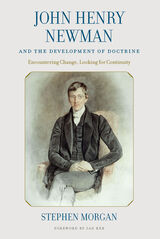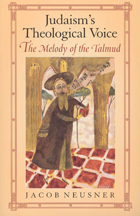4 start with J start with J

The twenty-five-hundred-year-old tradition of Jainism, which emphasizes nonviolence as the only true path leading to liberation, offers a worldview seemingly compatible with the goals of environmental activism.
But can Jainism adopt a sociocentric environmentalism without compromising its own ascetic principles and spiritual tradition? How does traditional Jain cosmology view the natural world? How might a Jain ethical system respond to decisions regarding the development of dams, the proliferation of automobiles, overcrowding due to overpopulation, or the protection of individual animal species? Can there be a Jain environmental activism that addresses both the traditional concern for individual self-purification and the contemporary dilemma of ecosystem degradation? The voices in this volume reflect the dynamic nature of the Jain faith and its willingness to engage in discussion on a modern social issue.



In his attempt to answer these questions, Neusner sets forth the character and the form of the Torah as sung theology. Israel, the holy community, meets God in the synagogue, while at prayer, and in the yeshiva, when studying the Torah—at the moment in each setting when the Torah is received. In both circumstances people do not read but sing out its words. With the written part of the Torah sung in the synagogue, and the oral part declaimed in centers of sacred learning, music provides the medium for Judaism's theological voice.
Neusner identifies a reciprocal exchange between the holy community Israel and God: Israel sings to God when the Torah is studied, and God sings to Israel when the Torah is declaimed. Through the metaphor of music, Neusner offers an account of how he believes those faithful to the Torah meet God in the Torah, and how they should listen to the melody of God's self-revelation. The result is an original theological reflection that will interest all students of Judaism.
READERS
Browse our collection.
PUBLISHERS
See BiblioVault's publisher services.
STUDENT SERVICES
Files for college accessibility offices.
UChicago Accessibility Resources
home | accessibility | search | about | contact us
BiblioVault ® 2001 - 2024
The University of Chicago Press









